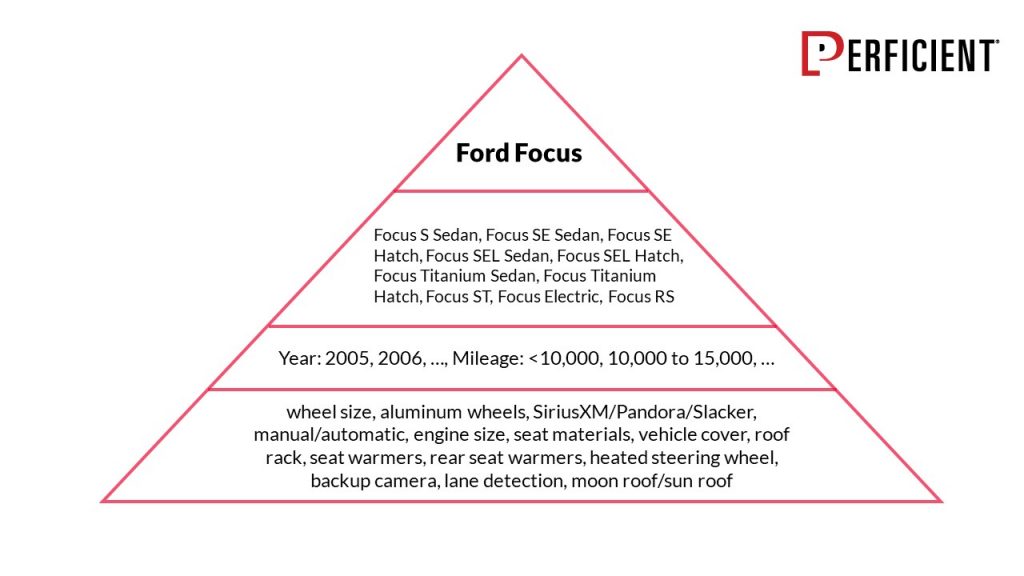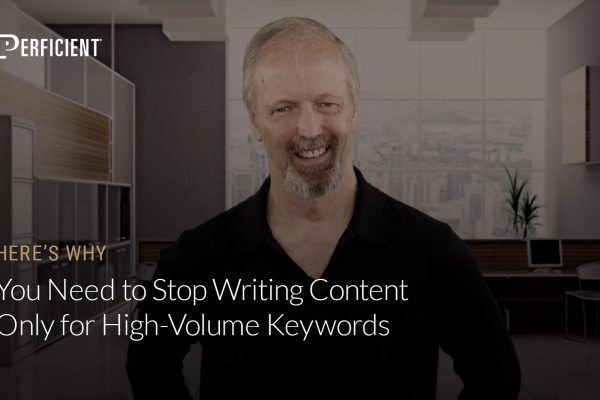SEO professionals always make sure that the websites they work on have created pages for all the high-volume keywords. But is it good enough?
In this episode of the popular Here’s Why digital marketing video series, Eric explains why you need to stop writing content only for high-volume keywords.
Don’t miss a single episode of Here’s Why. Click the subscribe button below to be notified via email each time a new video is published.
Resources
Transcript
What SEO professionals have typically done is to make sure that the websites they work on have created pages for all the high-volume keywords. That’s not good enough anymore. What has become abundantly clear with Google’s core algorithm updates, since March 2018, is that Google wants to see more from a website. What Google wants to rank are sites and pages that satisfy a large percentage of the users that they send them. To understand what this means, let’s take a refresher look at the long tail of search.
Here’s an old chart from Moz and Experion. It’s actually from years ago but, if you look carefully at this, you’ll see that the cumulative volume of all your head term keywords is probably only about 18.5% of the total search volume available to you. And then even when you add in the chunky middle keywords on top of that, it extends the total volume to only about 70% of all related search volume. That means that the long tail of search makes up 70% of the opportunity for your website. Let’s think about this from another perspective.
Even if someone does enter a head term query, does it really tell you all the details of what they really want? Consider this chart of needs related to the query Ford Focus.

If someone searches on Ford Focus, what is it they really want? For one thing, they might want a hatchback, sedan, electric version or some other model. And of course, the query also doesn’t tell us if they want a new or used car. And if it’s a used car, they might be interested in the mileage or the year or things like that. And even that is still not enough to fully understand what the user wants. They may want aluminum wheels or seat warmers or any number of a combination of specific features.
So, what does that mean for your content? It means that creating content just for those high-volume keywords isn’t enough. My Ford Focus example may have been specific to an e-commerce situation, but it applies to nearly any content scenario. Writing an article about how to install a ceiling fan? There are many types of fans and many types of scenarios with a ceiling that impact the installation process. Writing an article about how to save for retirement? There are hundreds of different scenarios to address, if not thousands. Think of how you’re approaching your content differently – being comprehensive in your depth and breadth of content will require far more content than just writing for the high-volume keywords.
Don’t miss a single episode of Here’s Why. Click the subscribe button below to be notified via email each time a new video is published.
See all of our Here’s Why Videos | Subscribe to our YouTube Channel


I was just explaining this to my colleagues and you captured the thought perfectly. It’s proven time and time again that long-tail keywords convert better too. Your Ford example is gold!
yeah but theres a lot of money in ranking for Ford Focus though